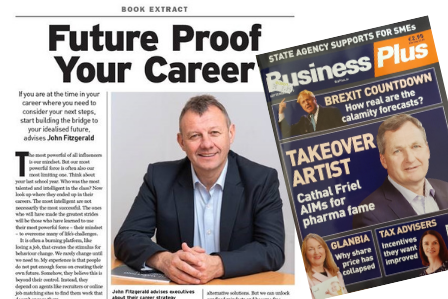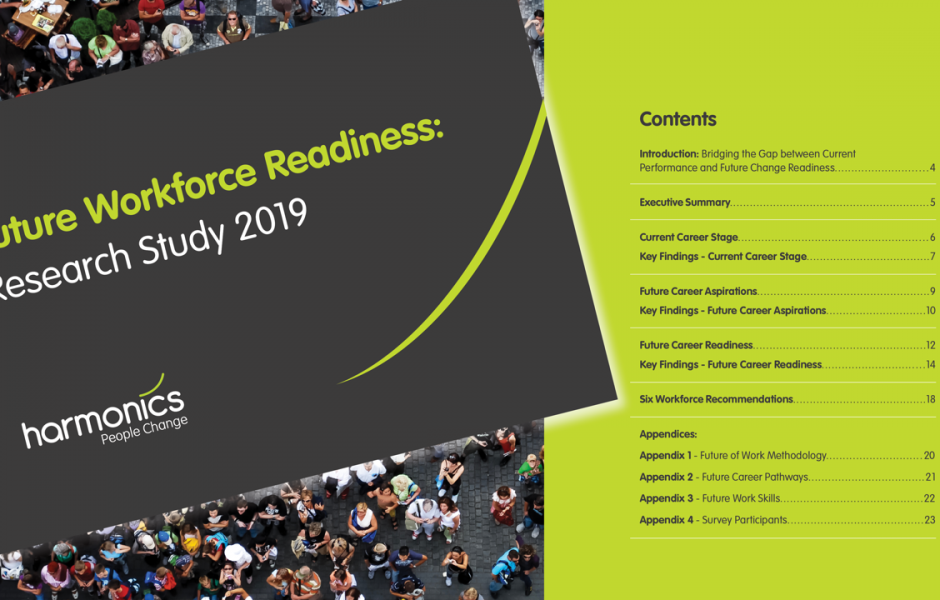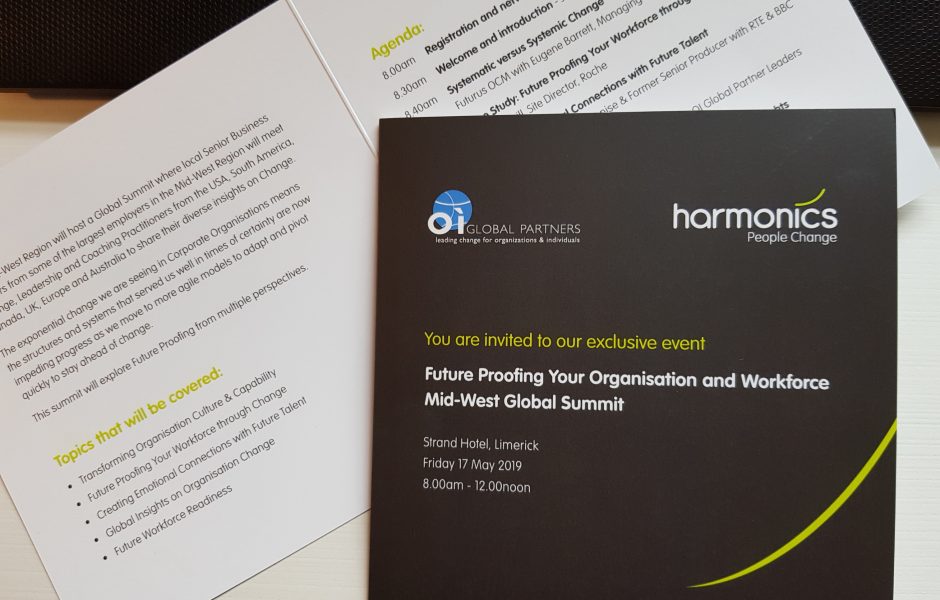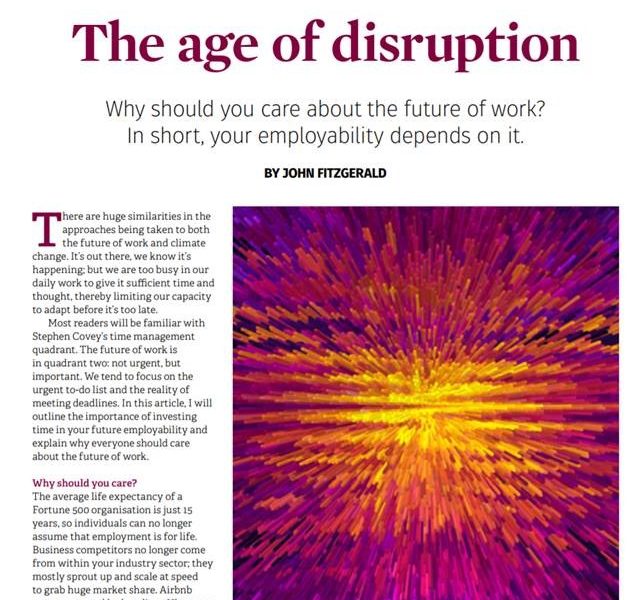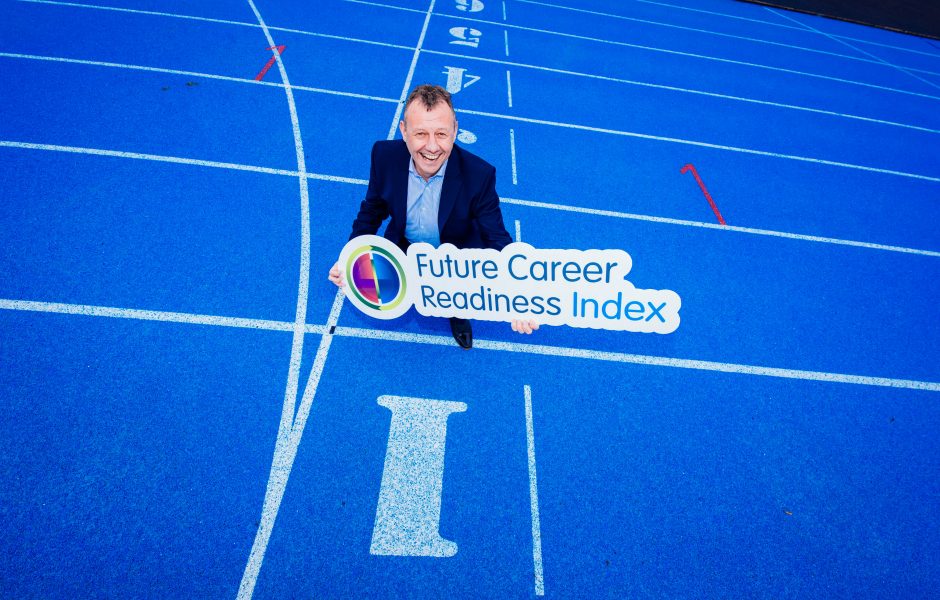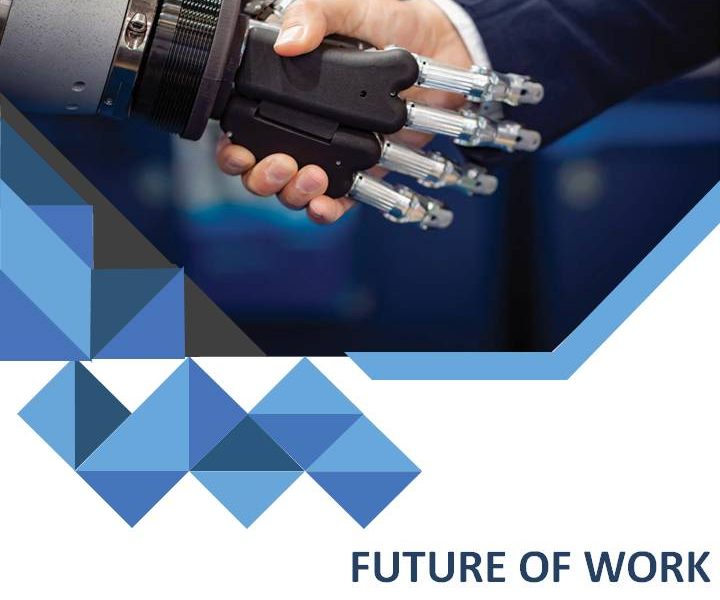Harmonics is delighted to back Focus Ireland’s Shine A Light event in the Mid-West and be an ambassador for the business community. On Friday October 18, the eighth annual Shine A Light Night will see business leaders sleep-out at Limerick’s historic King John’s Castle in addition to locations in Dublin, Wexford, Waterford and Cork.
Harmonics is proud to be associated as a local Mid-West business with Focus Ireland because of the work they do in changing lives. Much of our work at Harmonics is supporting people who have lost their jobs and we help them to get back on track with our career coaching and financial advice.
We look forward to encouraging many more businesses and their teams to join us.
More details about the Shine A Light Night can be found below. Please join us!
Focus Ireland announce King John’s Castle to host
Shine A Light Night 2019
The rate of homelessness in Limerick is increasing at an alarming rate with 265 adults currently without a home. In response, Bord Gáis Energy has confirmed the extension of its longstanding partnership with homelessness charity, Focus Ireland, to sponsor its annual fundraising initiative – Shine A Light Night.
On Friday October 18, the eighth annual Shine A Light Night will see business leaders sleep-out at Limerick’s historic King John’s Castle in addition to locations in Dublin, Wexford, Waterford and Cork. Employees of businesses around Ireland can also sign up to support the initiative by pledging to fundraise and sleep-out at their workplace.
Shine A Light Night challenges business leaders across Ireland to sleep-out for one night and in doing so, raise vital funds to help alleviate homelessness.
Speaking at the event, Kate McGrath, Project Leader of Focus Ireland Mid-West Services said, “Focus Ireland works tirelessly with people experiencing homelessness to help them secure their home or to ensure they leave homelessness for good. We also work extensively across the area of prevention to make sure many other families and individuals in the Mid-West never become homeless in the first place. We rely on the support of organisations like Bord Gáis Energy to make a success of fundraising events like Shine A Light Night and we’d like to take this opportunity to thank them for their generous support.”
Shine A Light Night is being backed by 2018 All-Ireland winning Captain Declan Hannon: “It’s great to show my support for such an important charity like Focus Ireland. I’m well aware of the work Focus Ireland does in Limerick and I hope our county can again lead the way in showing our support for such an important night. The evening will be made extra special as it’s taking place in the historic King John’s Castle, a building which is synonymous with the city.”
There are 1,700 families homeless in Ireland today and this number is growing. In Limerick, Focus Ireland provides prevention and housing advice, support services for families, support services for young people, short and long-term housing, and research-based services.
Commenting at the launch of Shine A Light Night in King John’s Castle, Darren Staunton Key Account Manager with Bord Gáis Energy said, “The current homeless crisis in towns and communities across Ireland is worse than ever. It is heart-breaking that 3,749 children in Ireland today have no home. Bord Gáis Energy is committed to supporting Focus Ireland in the crucial work it does to address the causes of homelessness and increase support for those who are at risk of losing their home.
“Shine A Light Night is an incredible initiative that has gathered more and more support year on year. However, with the alarming rise in homelessness, we need this year’s event to be bigger than ever in raising vital funds to support this devastating social issue. We are extremely proud to sponsor this year’s campaign and as an official sponsor of the GAA All-Ireland Senior Hurling Championship, we are delighted that Limerick Hurling Captain Declan Hannon is joining us in supporting Shine A Light Night. We urge every business in Limerick and the surrounding region to join us, sign up and give one night to make this the most successful Shine A Light Night yet. It may simply be one night of your life, but it can save suffering for those who are homeless.”
To date, Shine A Light Night has raised over €4m for people experiencing homelessness in Ireland. In 2018, this support enabled Focus Ireland to help over 15,500 people. With the support of the business community, every day Focus Ireland moves a family out of homelessness into a secure home of their own.
Leading people management organisation Harmonics has committed to taking part in Shine a Light 2019. John Fitzgerald MD of Harmonics said “Harmonics is proud to be associated as a local Mid-West business with Focus Ireland because of the work they do in changing lives. Much of our work at Harmonics is supporting people who have lost their jobs and we help them to get back on track with our career coaching and financial advice”
Concluding, Niall O Callaghan, Managing Director of Shannon Heritage said, “We at King John’s Castle are humbled to host Shine a Light Night 2019. We are delighted to make this historic venue available to help put the modern crisis of homelessness into clear focus and I encourage the business community to join us on October 18th. It promises to be a special night and I would like to thank everyone who made it possible.”
For further information contact Aoife Sheehan, Limerick Area Fundraising and Marketing Executive for Focus Ireland on 086 8532201 or at aoife.sheehan@focusireland.ie

